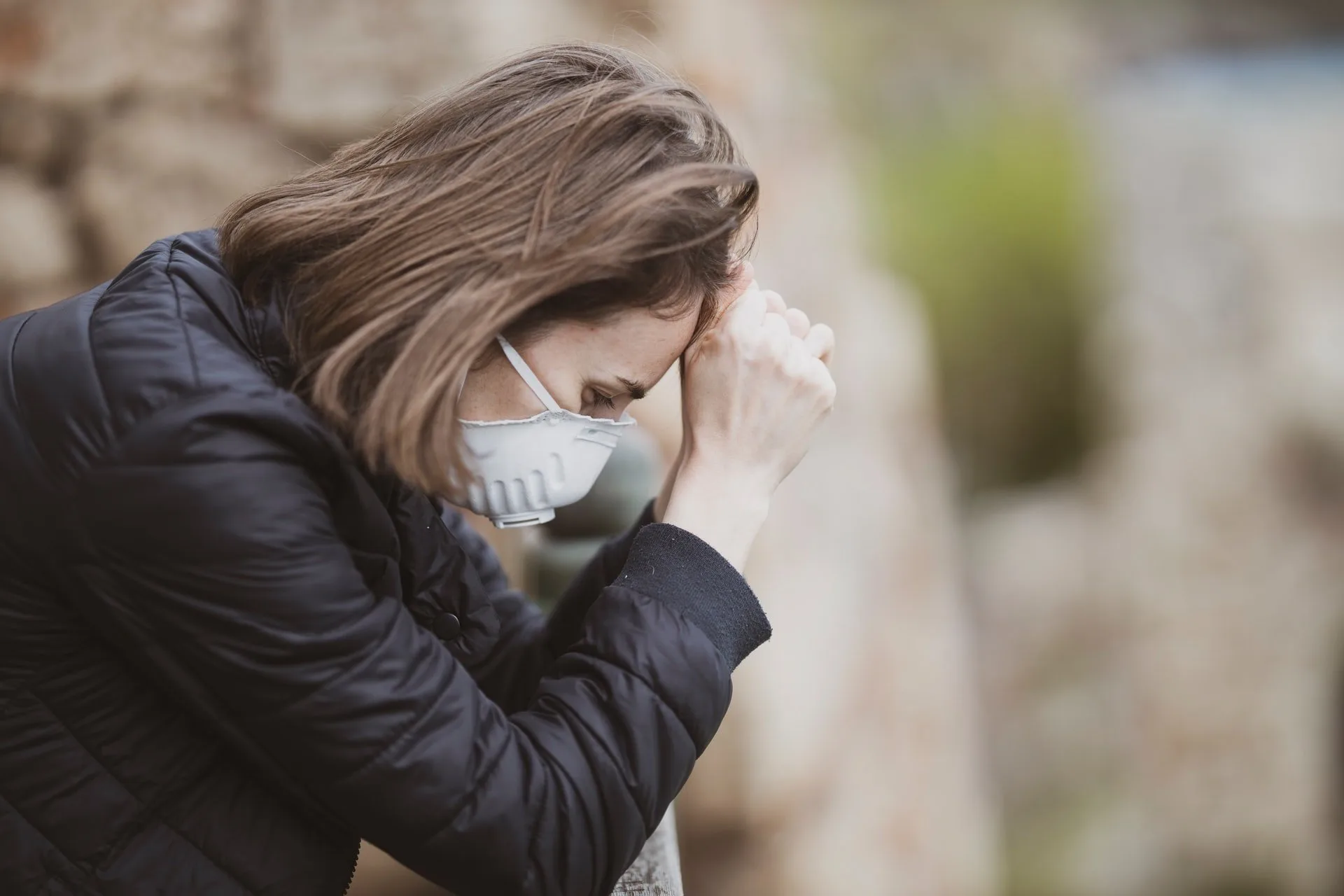To say that living through a global pandemic is stressful would be an understatement. Numerous studies have come out to explain the mental toll that the pandemic and its stressors have had on people. But what about the physical aspect of this? How has pandemic stress affected our bodies? It appears that for women and people who menstruate, stress caused by the pandemic could be causing them to have irregular periods.
Pandemic Stress and Irregular Periods
A study published in the Journal of Women’s Health set out to find a link between high-stress levels and irregular periods.
For the study, the researchers compiled and examined the online survey responses of 210 women and people who menstruated over a two-month span in the summer of 2020. The survey questions focused on cycle change and stress levels during that period of time, but they left out vaccination status.
Pandemic is causing changes to menstrual cycles
“Having worked in the field of women’s health for over a decade, I was well aware that stress could influence my menstrual cycle but I was shocked, like many others, to experience it in the context of the pandemic,” – Nicole Woitowich, PhD, the study’s lead researcher and research assistant professor at Northwestern University’s Feinberg School of Medicine.

Photo by Karolina Grabowska from Pexels
According to the survey results, 54% of responses revealed that participants were experiencing changes in their menstrual cycle after the start of the Covid-19 pandemic in March 2020.
Compared to those with lower stress scores, participants with higher scores were more likely to experience a longer duration of menses, as well as heavier bleeding.
“Therefore, the detrimental impacts of the pandemic on women’s mental health may have additional unintended health consequences,” the study says.
How does stress affect my period?
Stress can affect the body’s hormonal production, which in turn can affect hormone levels which then causes disruptions in a person’s cycle.
Progesterone is a hormone that plays an important role in the menstrual cycle, and it can be affected by cortisol, which is the stress hormone. High levels of cortisol affect progesterone production, which can then disrupt the menstrual cycle and cause irregular periods.
Manage stress for a regular cycle
If you’re looking to regulate your menstrual cycle, then the best thing to do would be to manage your stress levels. Once you’ve tracked your period and deciphered what a regular cycle is for you, we suggest that you start adopting stress-relieving habits.

Photo by engin akyurt on Unsplash
Regular exercise, journaling as well as meditation, and ensuring that you get quality sleep are great stress-relieving habits.
Yes, it is normal to experience changes in your menstrual cycle, especially during times of stress. However, you should consult your doctor if three months have passed without a period, and you’ve ruled out pregnancy.
Want to know more?
Granted, the last thing you want to do during that time of the month is exercise. However, as comfortable as that may sound, the truth is that you should be exercising during your period.
References
Ozimek, N., Velez, K., Anvari, H., Butler, L., Goldman, K. N., & Woitowich, N. C. (2021). Impact of Stress on Menstrual Cyclicity During the Covid-19 Pandemic: A Survey Study. Journal of women’s health (2002), 10.1089/jwh.2021.0158. Advance online publication. https://doi.org/10.1089/jwh.2021.0158



![women [longevity live]](https://longevitylive.com/wp-content/uploads/2020/01/photo-of-women-walking-down-the-street-1116984-100x100.jpg)










